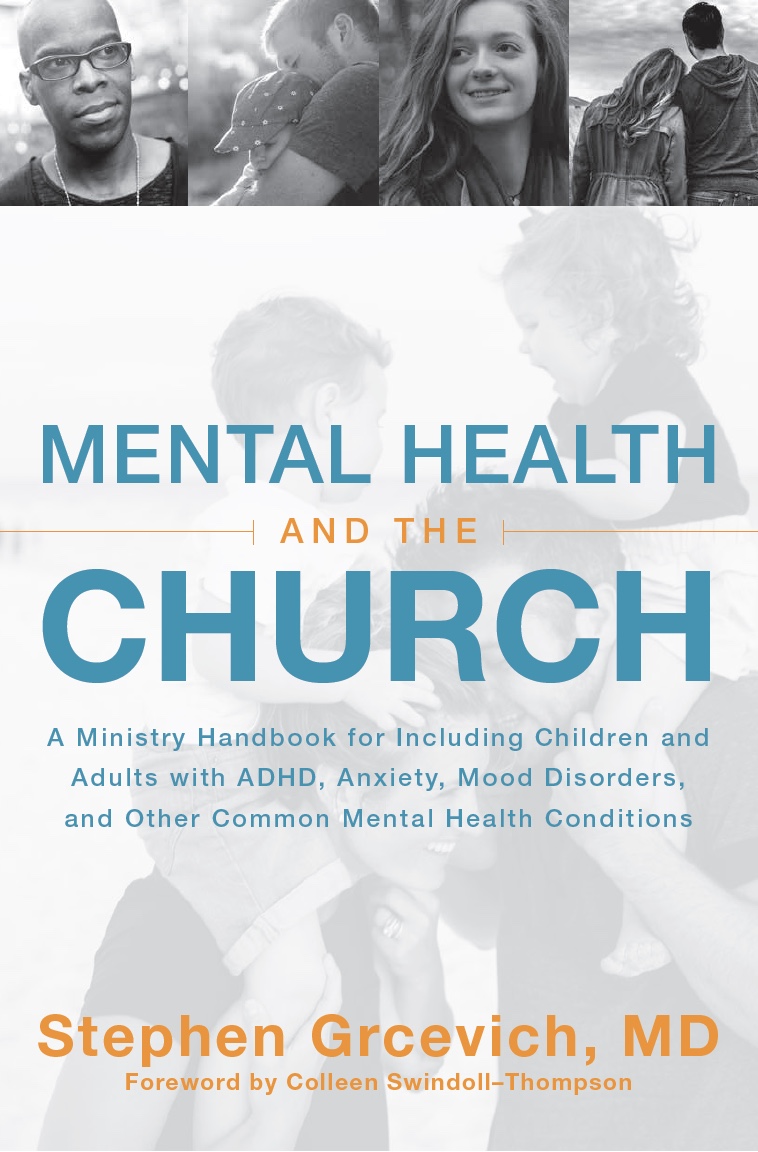 After I graduated from Oral Roberts University with a Master of Divinity, I was employed four years as a youth pastor and helps minister. When Metro Detroit experienced harsh economic conditions due to the automotive industry I found myself unemployed. For the next two years I struggled for steady employment and sank into a finical sinkhole. Unable to pay my bills, I was forced to live with my parents.
After I graduated from Oral Roberts University with a Master of Divinity, I was employed four years as a youth pastor and helps minister. When Metro Detroit experienced harsh economic conditions due to the automotive industry I found myself unemployed. For the next two years I struggled for steady employment and sank into a finical sinkhole. Unable to pay my bills, I was forced to live with my parents.
My Asperger’s added to the burden and stress I experienced in seeking gainful employment. My dad would yell, “You have a masters degree, why are you working only part-time at Corky’s Skate Shop making $5.50?”
During this season I emailed over 400 churches who were hiring only to experience further frustration. I traveled twice to Indiana and to New York for pastoral candidate interviews. I can’t complain about the New York interview; I received an expense paid trip and saw Niagara Falls.
Finally, I received gainful employment in the medical field where I currently been employed for 7 ½ years. Through my occupational struggles I learned five valuable lessons helpful for people with disabilities seeking employment.
Twenty-six million Americans with disabilities are of working age. Every year an additional 50,000 young adults with autism diligently search and struggle for employment. Many of these young adults experience chronic under-employment and unemployment. These practical tips can empower your child for employment and independence.
- Most people find employment by personal connections.
While working part-time for Comfort Keepers I overheard one of the staff at the nursing home state, “I work at Havenwyck Hospital.” I told this staff, “I submitted my résumé to Havenwyck four months ago and never heard back!” She advised me, “Tomorrow go and ask for my supervisor and he will hire you. I’ll call him tonight.” The next day, I went to the hospital and asked to meet with her supervisor—he hired me.
- Employment comes through experience.
I can guess what you’re thinking how can my child ever gain experience—if no company will hire him? Kerry Magro, a young adult with autism states, “Getting experience as a volunteer or an intern may open the door to entry-level employment within organizations or companies.”[i] I volunteered at Oakland Christian Church for a year before they hired me.
- An employer hires based on their company’s needs.
In job interviews focus on your strengths and gifts not your disabilities. A couple positive traits many individuals with autism and Asperger’s possess are faithfulness and attention to details. When I am interview by a potential employer if he or she asks about my having autism, I use humor and state, “I am like Superman, only my kryptonite is electronic noises and bleach. I have a few super powers. I can quote over 10,000 Scriptures and run the mile in 4 minutes and 25 seconds. I also have never missed a day of work.”
- Employment comes to those who diligently seek.
Encourage your child to never quit or become discouraged in his or her quest for employment. As the old proverb advices, “The only difference between a successful person and a failure is a successful person rises one more time then he falls.” Charles Spurgeon said, “By perseverance, the snail made it on the ark.”
- When all else fails create your own job.
As an entrepreneur declared, “It’s not work when you love what you’re doing.” I learned this final principle from my interview with Rhonda Gelstein whose son (Tyler) is diagnosed with cerebral palsy and autism. [ii] Rhonda was determined to help her son gain independence. After high school, Tyler searched three years unsuccessfully for employment.
Rhonda contemplated what things were of interest to him that he could develop into a business offering gainful employment. The idea that kept coming to her mind was Tyler’s love of returning cans. Rhonda helped Tyler start his own business, Tyler’s Bottle Service. She helped him access resources from Community Living Supports, including a driver who provides transportation when he collects or returns cans. Tyler’s business has enabled him to fulfill his dream of becoming self-employed and living on his own.
[i] Magro, Kerry. “5 Tips for People with Autism Finding Employment.” Autism Speaks, 14 Oct. 2013.
[ii] 8/4/14 interview with Rhonda Gelstein.
***********************************************************************************************************
 Ron Sandison works full time in the medical field and is a professor of theology at Destiny School of Ministry. He is a task force member for the Autism Society’s Faith Initiative. Sandison has a Master of Divinity from Oral Roberts University and Charisma House is publishing his book on 4/5/16, A Parent’s Guide to Autism: Practical Advice. Biblical Wisdom. Ron and his wife, Kristen, reside in Rochester Hills, MI, with their pet rabbit, Babs, and cat, Frishma. You can contact Ron on Facebook or email him at sandison456@hotmail.com
Ron Sandison works full time in the medical field and is a professor of theology at Destiny School of Ministry. He is a task force member for the Autism Society’s Faith Initiative. Sandison has a Master of Divinity from Oral Roberts University and Charisma House is publishing his book on 4/5/16, A Parent’s Guide to Autism: Practical Advice. Biblical Wisdom. Ron and his wife, Kristen, reside in Rochester Hills, MI, with their pet rabbit, Babs, and cat, Frishma. You can contact Ron on Facebook or email him at sandison456@hotmail.com




Nice article. I have Aspergers and have had various experiences with employment. Neither of my experiences lasted very long. I had to back out because of anxiety. There was also too much multitasking involved. I learned a lot from my experiences and mistakes. The real question is whether to disclose your diagnosis or not. I did not disclose on both occasions for fear of discrimination and it went against me in the end. I guess it’s a personal choice.
LikeLiked by 1 person
Technicolourbrain, Employment can be tough for us on the autism spectrum. I have been working 7 1/2 years at the hospital I work, I waited until I had been working there 3 years before telling fellow staff about being diagnosed with autism. It been easier with people aware of my weaknesses and strengths. I tell most people wait 90 days then tell supervisor of your diagnosis if you need some help.
LikeLiked by 1 person
Great list! Definitely all things I have found to be true I my own employment history. I also found that taking a lower level or “under-employed” position in a company that had the roles I really wanted, worked to my advantage because I was able to do excellent work right away in an easier role (technical writing), while learning the environment and social rules of the job, and then diligently working as hard as possible and over time moving into the position I really felt was the perfect fit for my skills and the companies needs (business analyst). I know that won’t work for everyone, but especially in larger corporations, I have found that to be a very helpful strategy.
LikeLiked by 1 person
One of the strength for people with autism and Asperger’s is faithfulness to the job at hand. I have always had attention to detail and also never missed a day of working. Taking a lower position and working faithfully can open up new doors of opportunity with a company.
LikeLike